Holistic Health
Holistic health can be defined in different ways.
From a philosophical standpoint, the term holistic can be characterized by comprehension of the parts of something as intimately interconnected and explicable only by reference to the whole.
In medicine, the term holistic health refers to different ways of achieving health that treat the whole person, including social, emotional, mental and social factors, rather than just the symptoms of a disease or illness. Holistic medicine is a form of healing that considers the whole person and can be thought of as treating the body, mind, spirit and emotions, in the quest for seeking optimal health and wellness. A holistic doctor also treats the body as a whole and may do so by using different forms of health care, from conventional medication to alternative therapies.
Holistic Health Now
Many people from the health and wellbeing scene define holistic health as an approach to life. In many ways it is the new buzzword or phrase meant to encompass a person’s whole self and how they connect with their environment, as well as the interconnectedness of the body, mind, and spirit. A goal of the contemporary holistic health movement is to achieve maximum well-being where everything, not just the body but the mind and spirit too, is functioning at the highest level possible. Holistic health encourages people to accept responsibility for their own level of well-being and to make everyday choices that will allow them to live at their optimal health and/or help them to strive towards this.
Integrative Holistic Health
Holistic health does not negate conventional, Western medicine but where Western medicine tends to focus on a problem and treating the problem (when possible) while also treating the symptoms of the problem, holistic health is likely to look at other aspects of the patient’s whole being and how they are connected. A key component of holistic health is to look at the body and mind as integrated systems rather than systems that operate completely independently of one another. A holistic doctor is just as likely to ask a person about physical symptoms of a problem as they are to delve deeper into other aspects of a patient’s whole being such as how their work and home life are, how relationships with family and friends are doing, and whether or not the patient is eating well and getting enough sleep, etc.
Holistic health puts an emphasis on truly looking at oneself as a whole being. Many people have been taught and feel that when they put time and energy into eating right and exercising, they are taking care of themselves. They are but there is more one can do than to just treat their body as separate from their mind. A common example of this is, people who are practicing self-care in the form of exercising and eating right but are not allowing themselves, or are not able, to give their bodies and minds the proper rest they need. A holistic doctor and patient will explore and try to find ways to incorporate resting the mind-body-spirit into their daily routine and practices.
Be informed about holistic health with Coastal Natural Health.
